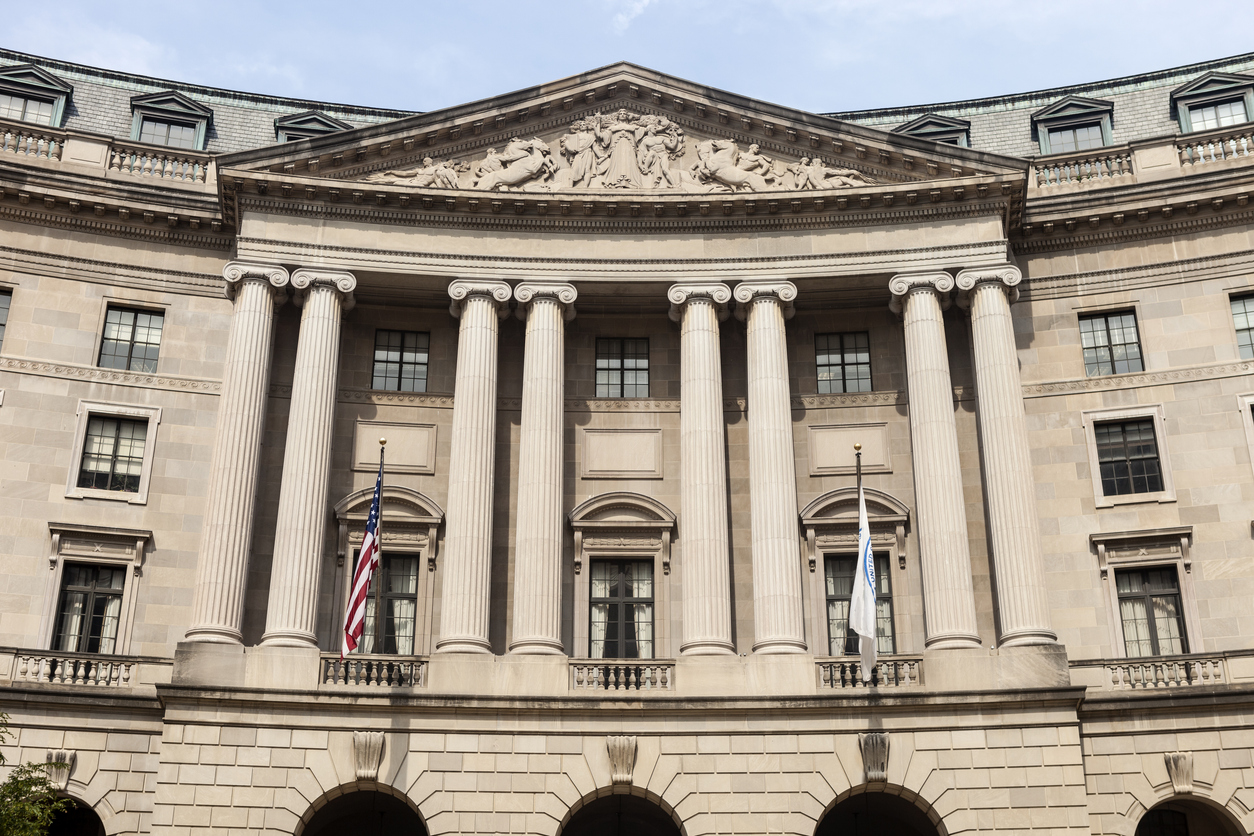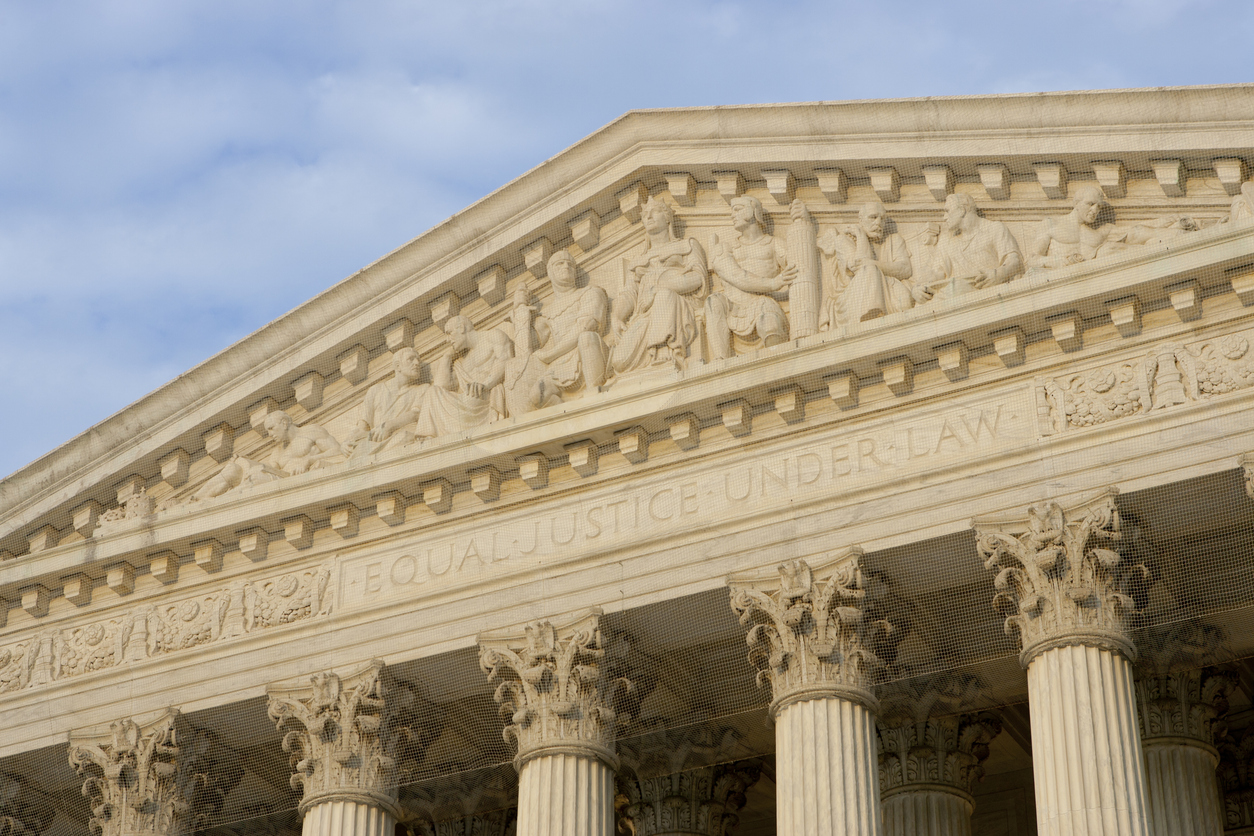On January 20, 2025, President Trump signed a series of executive orders, including several orders focused on promoting domestic fossil energy production and rolling back regulations that the administration views as inconsistent with that objective, including climate rules. This explainer offers initial insights into the Trump administration’s environmental and energy executive orders. Most of the actions directed by these orders do not have immediate effects but instead instruct federal agencies to take steps to implement them. In executing the president’s directives, agencies must comply with the Administrative Procedure Act and other applicable laws.
Warning: Undefined variable $post_type_name in /nas/content/live/harvardeelp/wp-content/themes/eelp_2024/template-parts/content.php on line 80



